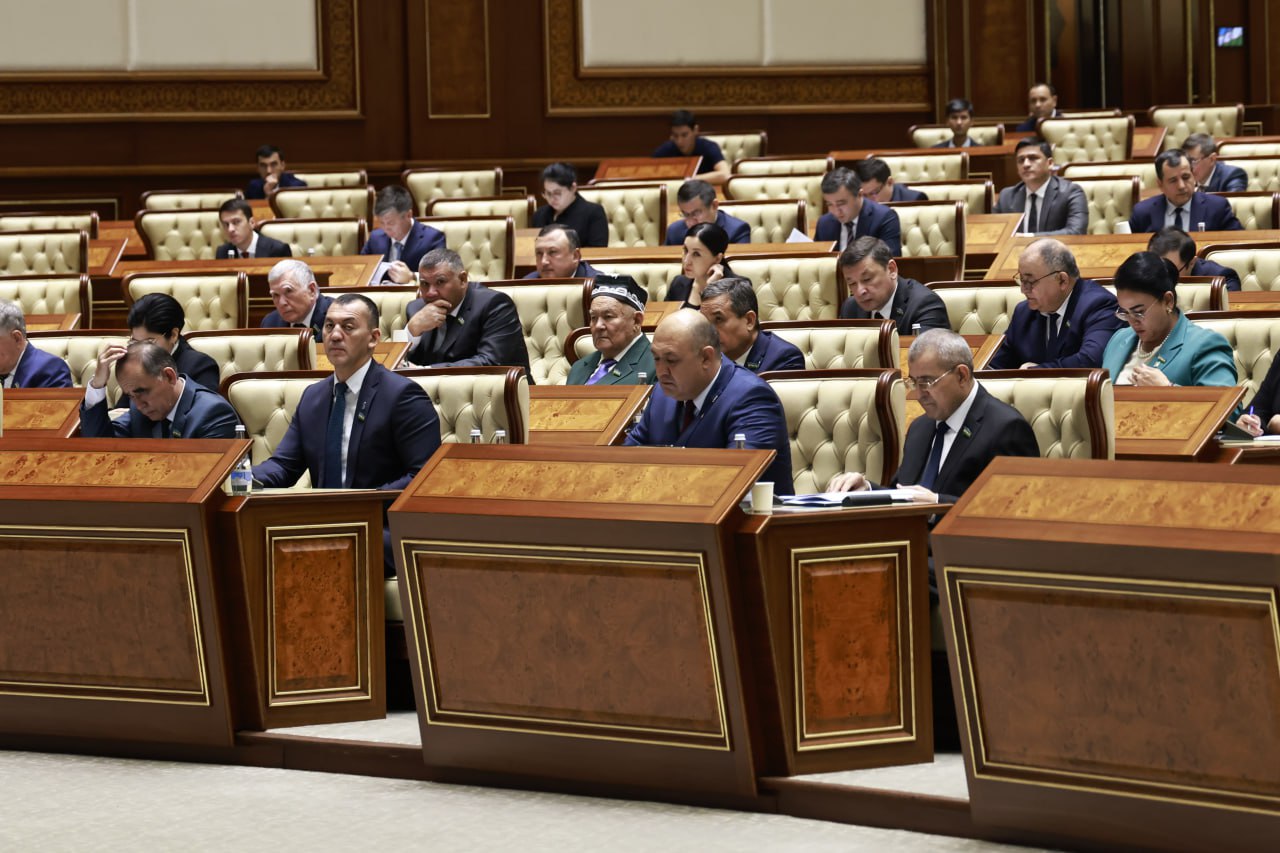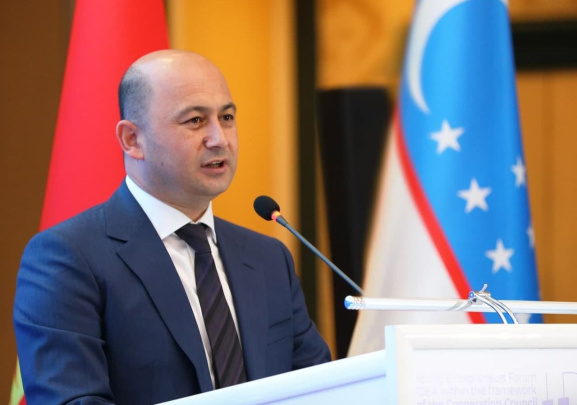The law mandates the formation of an independent regulatory body for the telecommunications market, in accordance with the country's commitments to the World Trade Organization (WTO). This body will be responsible for overseeing the provision of essential telecommunications services and ensuring that its decisions are equitable and binding for all market participants.
Key provisions of the law include the empowerment of the regulatory authority to license telecommunications activities, manage approval procedures, and take necessary actions during natural or man-made emergencies that may affect telecommunications infrastructure. Furthermore, it allows for the accreditation of legal entities that conduct projects and cost estimates for constructing telecommunications networks and facilities.
Additionally, the regulatory authority will develop a digital numbering system for telecommunications networks, ensuring the protection of user rights and legitimate interests. The law also includes provisions for the development and approval of regulations governing the use of the national segment of the Internet domain.
All normative and legal documents issued by the regulatory authority will be mandatory for compliance by both legal and physical entities within its jurisdiction.
Having been approved by the Senate, the law is now set to be submitted to the president for final approval.






